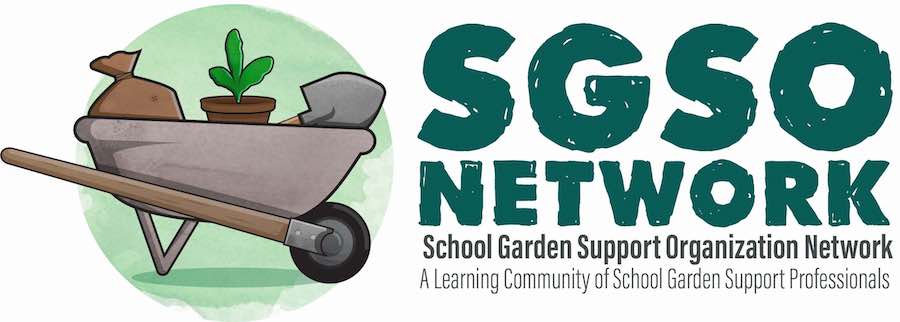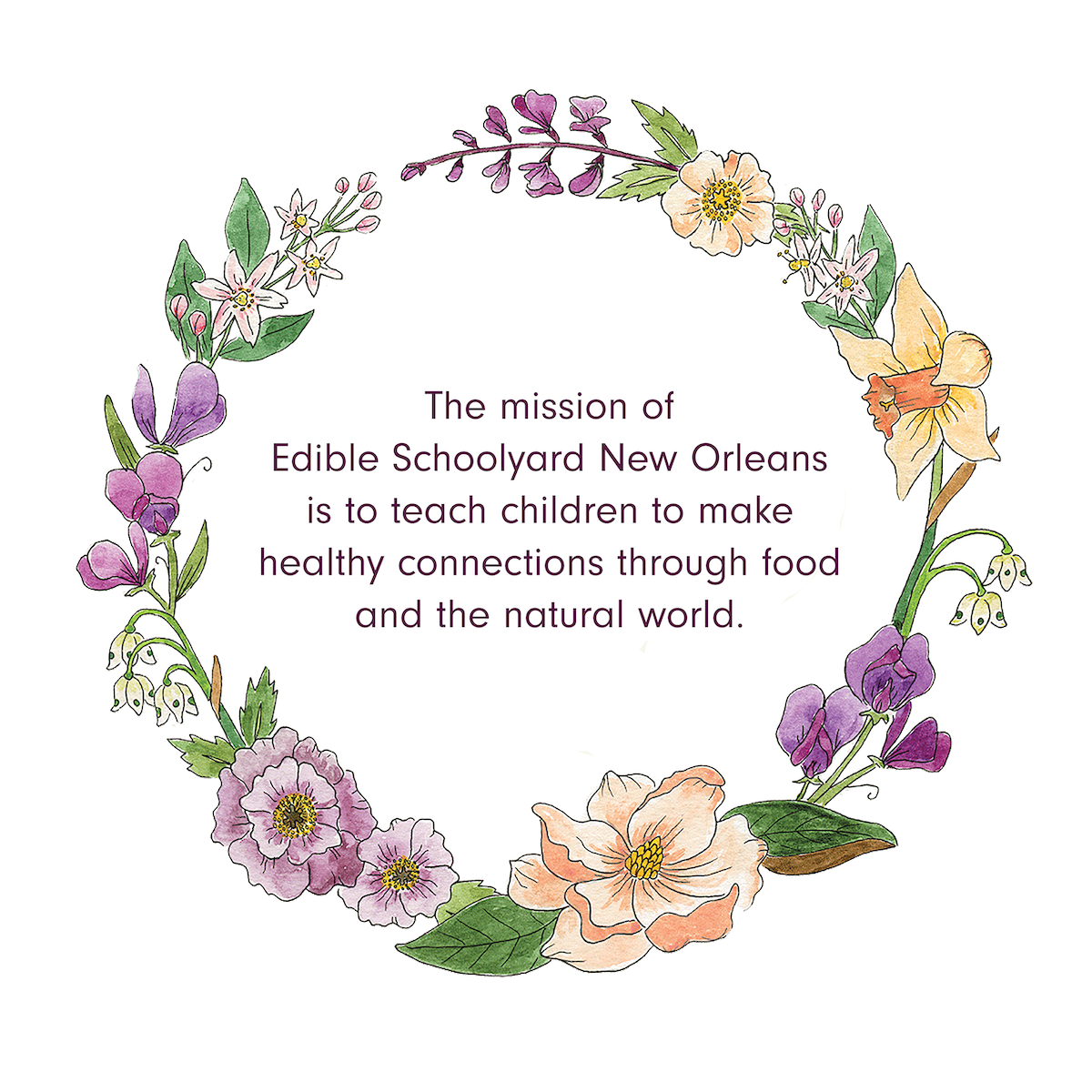Committed Garden Champion
Laura has been doing this for 15 years now. But it’s brand new each year to all of our staff. Erica just started as a Farm and Kitchen Manager along with the Education Manager supervise the teams. Invest a lot of time in legacy documentation. Our small core staff of five, put a lot of energy into the things we learn one year passing onto the next.
AmeriCorps makes this all possible
Our staffing model and funding model are inextricably connected. Over the past decade we have successfully cultivated a relationship with AmeriCorps at the state level, the funds we get through CNCS (Corporation for National and Community Service) are critical to our ability to serve as many students as we do. It does mean a lot of eggs in one basket, though – and still a lot of year to year scrambling to secure the additional support needed from schools, individual donors, and private foundations.
Our model is strong, but not without its challenges. We recruit, train and support AmeriCorps food educators. They are passionate and capable, but generally green as educators and stay with us for 1-2 years. We’ve developed strong systems around legacy documentation and clear expectations with schools so that even as our AmeriCorps members come and go, schools count on us as a steady organizational partner. Particularly as our team has grown, giving them the support they need has required us to add several full time staff positions. While the model isn’t perfect, it does feel sustainable.
Our staffing model is a blessing and a curse. So much better than just volunteers, invest a lot in training and support in food educators – it’s full time and it’s their service.
As exhausting as this staffing model is, I think it’s worthwhile. We’re working to launch a generation of knowledgeable citizens into the world. All these young people will be better informed —
The downside of our AmeriCorps service model is that folks we recruit are pretty green, figuring out who they want to be in the world. We get feedback about how formative this year was. How lightbulbs went off in their heads about agriculture, social education, etc.
There are two service orientations – the schools and the AmeriCorps members. We’re all learning and growing together. How we staff and how we’re funded are so connected to each other. We definitely would not be able to do the volume of service if it weren’t for AmeriCorps. We’re reaching about 9000 kids per year – wow! If you could our statewide service partners.
Invest time into school district partnerships
As mentioned above, our partnership with AmeriCorps is key. So is our partnerships with school districts. Over the years, we have gained the ear and the trust of key players across departments of teaching and learning, food services, and buildings and grounds. Listening well to these various stakeholders has been key to our success, as has setting up clear systems to leverage the enthusiasm of parent volunteers as well as college aged volunteers and interns.
We have Mt. Baker School District has committed to paying a portion of the cost through the District budget. They’re paying <20% of the actual cost. We’ve always required a membership fee.
Slow down for a sec – interested in starting conversations with schools and school district partners. If I could get everyone to slow down for a second, I would love to have meaningful conversations with the school districts and partners.
Create Clear Legacy Documents: curriculum & Garden Care Manuals for volunteers
Yes, we’ve developed curricular resources over the years (and stood on the shoulders of programs like LifeLab, particularly for NGSS alignment) and have gotten to the point where gardening and cooking are considered as normal a part of the school day as music or P.E. Getting ourselves into the routine schedules of schools has been a huge win.
They have also developed a successful school garden summer care manual. Success varies from school to school and from year to year, but being really explicit in the tasks and supportive of families who have the interest but not necessarily always the skills for summer care has been a slow and steady win.





